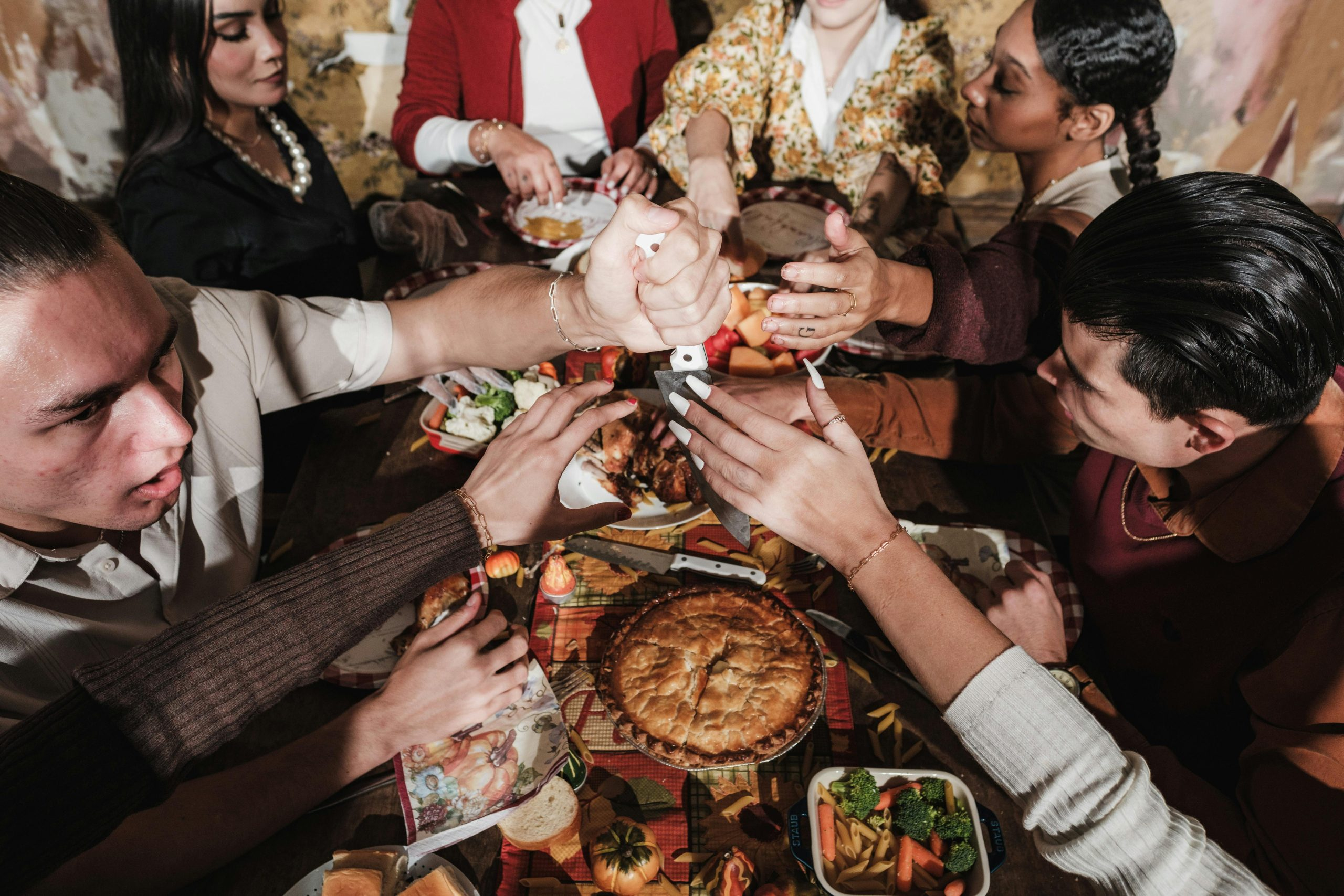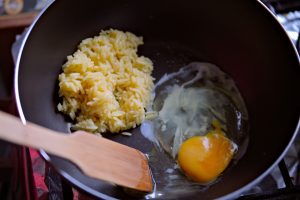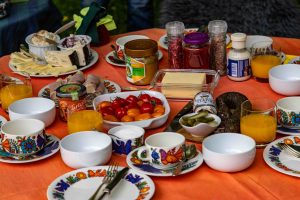The Role of Baking in Cultural Celebrations Worldwide
Cultural celebrations play a significant role in showcasing the diversity and traditions of different societies all over the world. These celebrations not only bring people together but also provide us with a glimpse into the customs and rituals that have been handed down from generation to generation. And one aspect that is common across many cultural celebrations is the art of baking. From elaborate wedding cakes to traditional holiday treats, baking has a strong presence in various cultural celebrations worldwide. In this article, we will explore the role of baking in cultural celebrations and its significance in preserving and passing on traditions.
The Tradition of Baking in Cultural Celebrations
Baking has been a part of human culture for centuries, with evidence of ancient civilizations making bread, cakes and other sweet treats. As societies evolved and culture developed, baking became a fundamental part of various celebrations. In many cultures, specific ingredients and techniques are used to create unique and symbolic baked goods that are central to their festivities.
Baking in Festive Occasions
In many countries, baking is an essential element of festivals and religious celebrations. For example, in France, the traditional “galette des rois” (King cake) is served on January 6th, the day of Epiphany. This flaky pastry cake is made of puff pastry layers and filled with frangipane or almond cream, topped with a golden crown. The person who finds the hidden charm in their slice of cake becomes the king or queen for the day. Similarly, during the Jewish holiday of Hanukkah, fried jelly donuts called “sufganiyot” are a must-eat treat in Israel, while latkes or potato pancakes are a staple in many Jewish households worldwide.
In India, the festival of Diwali, also known as the “Festival of Lights,” is closely associated with baking and sweets. People prepare various types of traditional sweets, such as “gulab jamun” (fried milk dumplings soaked in syrup), “jalebi” (deep-fried pretzel-shaped pastries dipped in syrup), and “barfi” (a type of fudge made with condensed milk). These treats are shared with family and friends as a symbol of good luck and prosperity.
Baking in Special Occasions
Baking also plays a significant role in special occasions, such as weddings and birthdays, and is an essential part of many cultural traditions. In China, the “double happiness cakes” are a symbol of marital bliss and are traditionally served at wedding celebrations. These round, red-colored cakes are made with glutinous rice flour and filled with sweet bean paste, topped with a red “double happiness” character.
Similarly, in many Latin American countries, a special cake called “Torta de Novios” or “wedding cake” is served at weddings. This fruitcake is elaborately decorated with white icing and often has a miniature bride and groom as cake toppers. Another popular custom in Mexico is the “piñata cake,” a traditional Mexican wedding cake that is shaped like a pyramid and filled with peanuts, candies, and small toys.
The Significance of Baking in Cultural Celebrations
Besides being a delicious treat, baking in cultural celebrations carries significant cultural importance. These baked goods are more than just food; they are symbols of unity, tradition, and heritage. The ingredients used in traditional baking recipes often have cultural meaning and reflect the country’s history and traditions. For instance, in China, red-colored ingredients like red beans and dates are thought to bring good luck, while in many Latin American countries, the “maicena” or cornstarch symbolizes the blending of native and European cultures.
Moreover, baking in cultural celebrations is also a way to preserve and pass on traditions. Family recipes and techniques are often handed down from one generation to the next, keeping the traditions alive. Baking also helps to bring family and community together, as people often gather to prepare and share these special treats during celebrations. Through baking, cultural values and customs are transmitted from one generation to another, creating a strong sense of belonging and identity.
In Conclusion
The role of baking in cultural celebrations worldwide goes beyond just creating delicious treats. It is a way to connect with our roots, preserve our traditions, and bring people together. Whether it is a festive occasion or a special event, baking plays a significant role in many cultural celebrations and continues to be an essential part of our lives, passing on customs and traditions to future generations.










